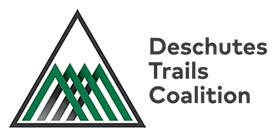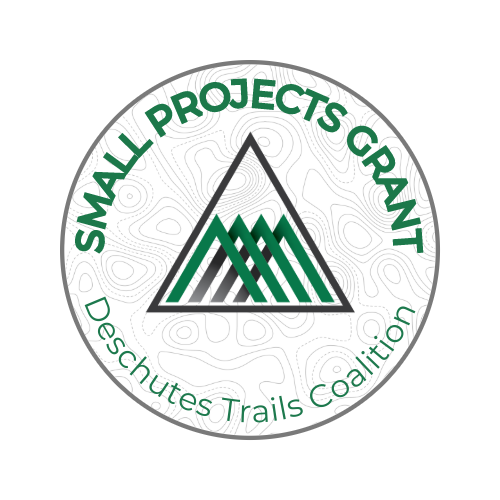
The Small Projects Grant Program was started in 2018, funded exclusively by our $1 for Trails Program, with supporting community trail conservation efforts in mind.
Stay tuned for 2025 Small Projects Grant Application in fall of 2025
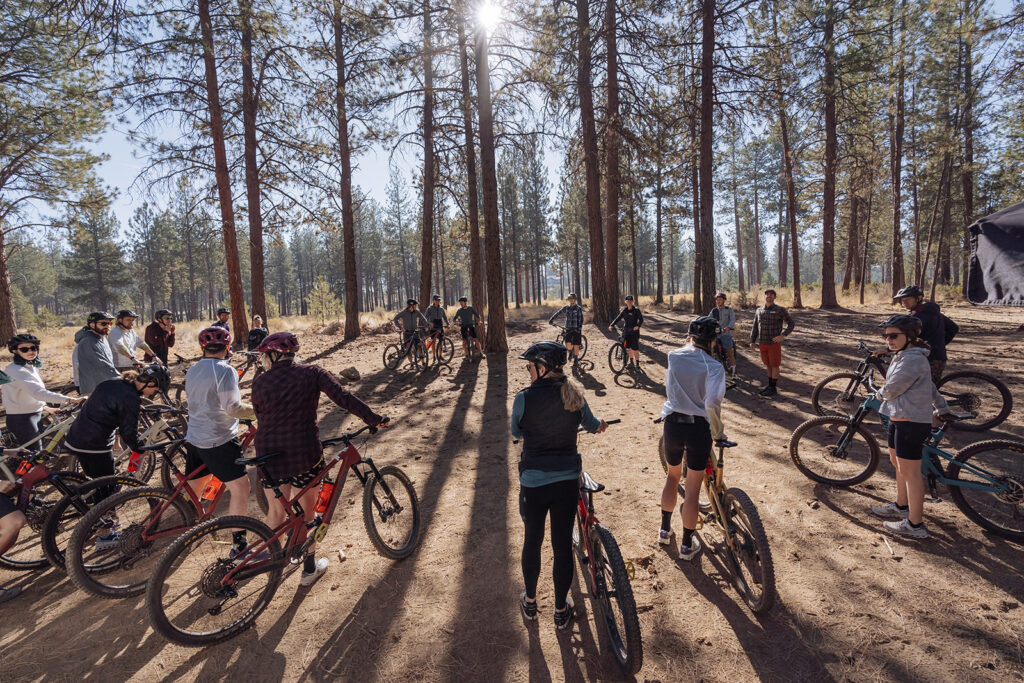
Who Can Apply?
- 501(c)3 non-profit organizations with a trails-related mission, role, or service(s).
- Federal Land Management Agencies.
- Private companies provided they are a formal partner of one or more 501(c)3 non-profit organizations.
What Type of Projects Are Considered/Eligible?
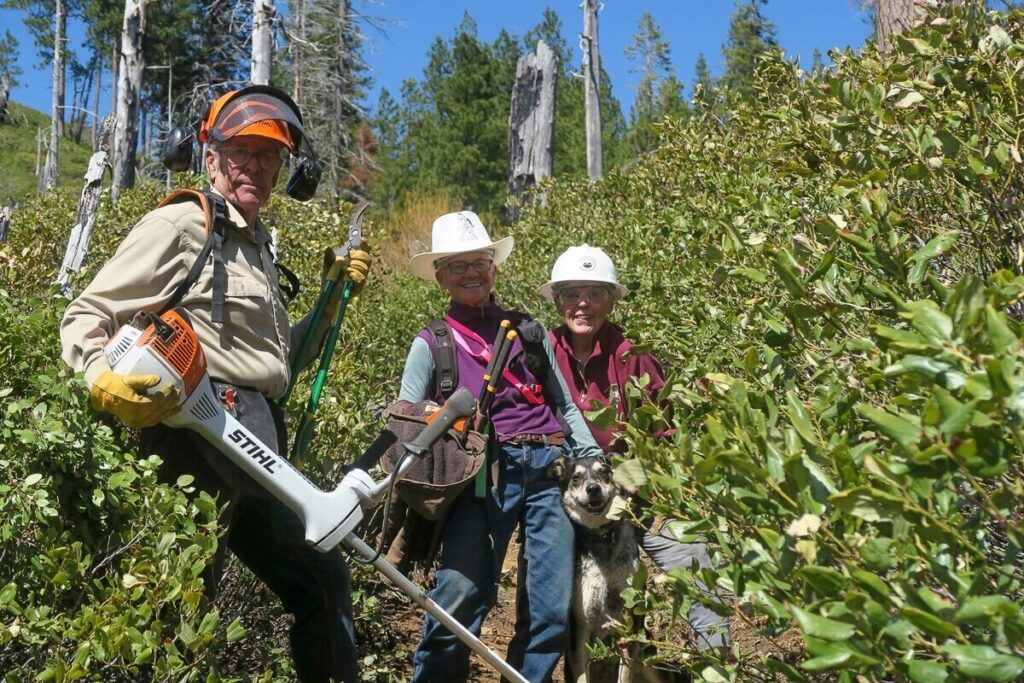
-On-The-Ground Projects: They shall address new trail projects, trail infrastructure projects, and trail maintenance projects.
- Sample projects may include, but will not be limited to, trail construction, trail signage, bridges, culverts, trail maintenance, road maintenance, and trailhead improvements.
-Capacity Enhancement Projects: They shall address capacity building needs of local organizations for example, the purchase of tools, training and education projects, and internships.
–Public Education and Outreach Projects: They shall address public trail education and outreach and may include:
- Public Outreach: Public service announcements, video creation, brochure or other printed materials for public distribution
- Education: Programs, workshops or other publicly-accessible events to enhance trails education among the general public and trail users specifically
-Discretionary funding: This funding will be allocated by the selection committee to projects that fall within the above categories, allowing the committee to fund additional projects.
For additional information on this grant please contact Jana Johnson at info@deschutestrailscoalition.org.
Some Projects We Have Funded
The Central Oregon Nordic Club was awarded $7,500 of Small Projects Grant Funds to help implement the addition of ten miles of cross country ski and snowshoe trails out of five Sno-Parks in the Cascade Lakes Highway corridor, and aide in replacement of approximately 70 worn or damaged junctions signs on the trails they maintain.
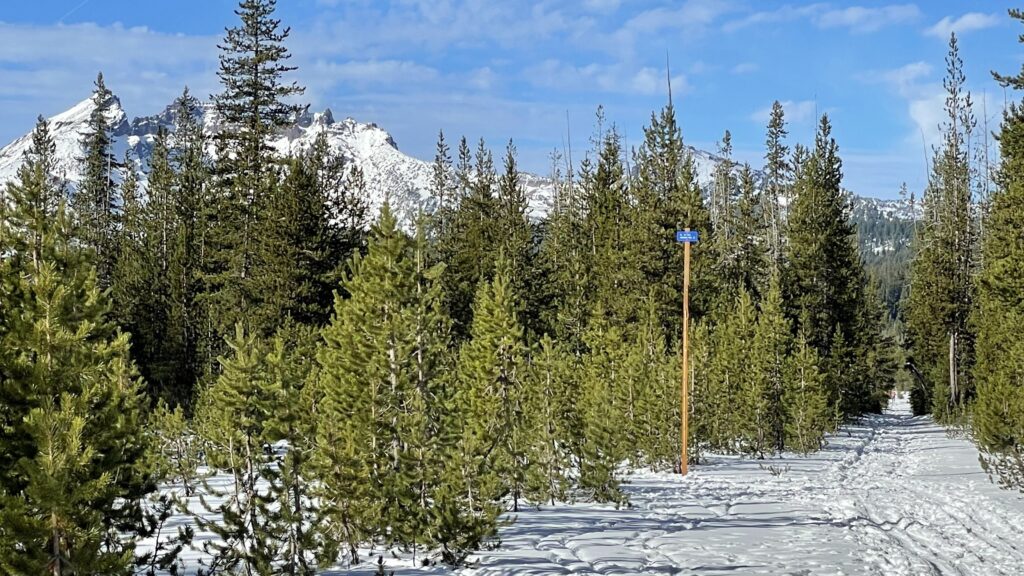

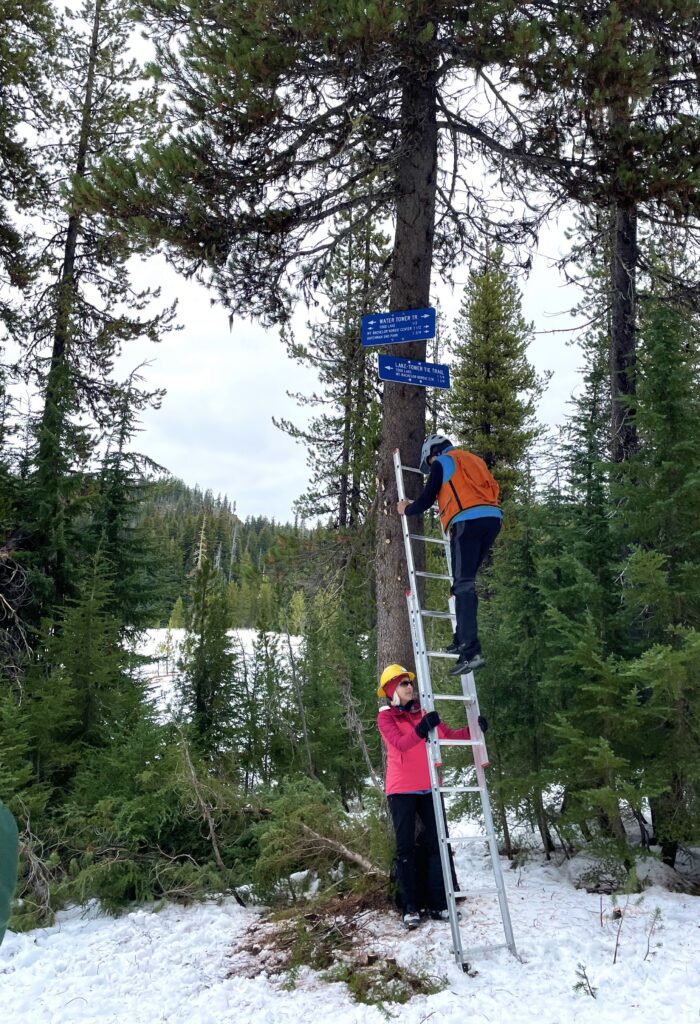
The Central Oregon Trail Alliance was awarded $7,445 to purchase and install maps at nine popular trailheads and parking areas used to access the trails west of Bend and to build a new kiosk at the Green Gate trail ahead.
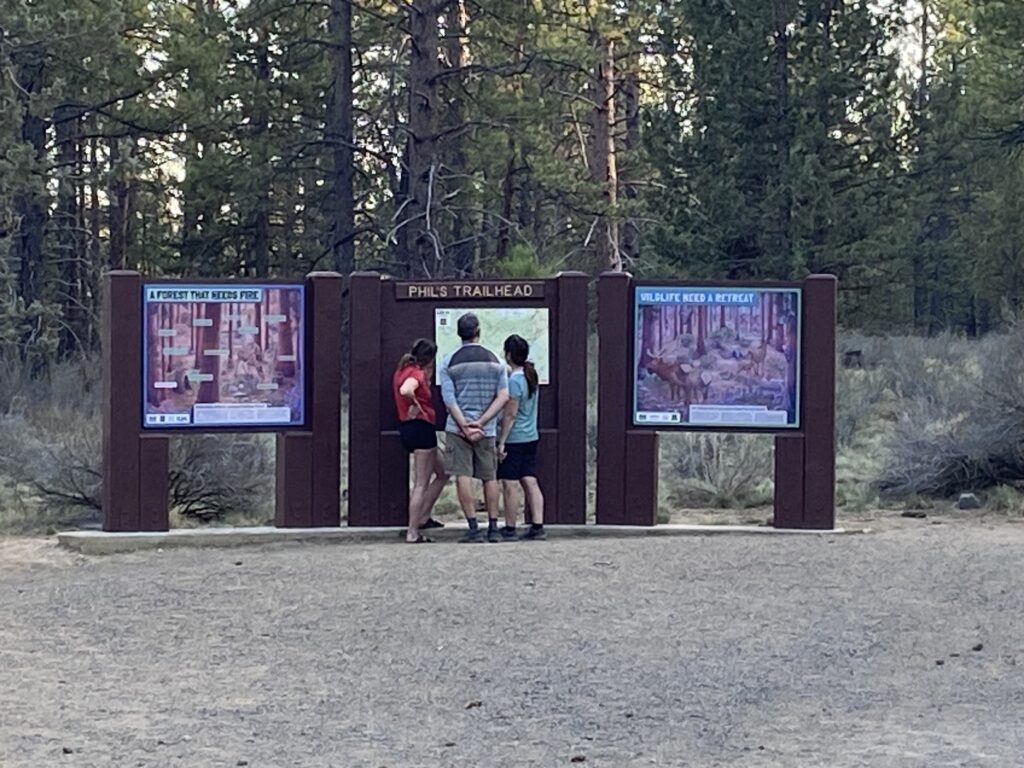

Cog Wild was awarded $5,000 for their Ride and Dig program to educate the youth about sustainability of mountain biking in the Bend area and contribute to an ethic of Stewardship.

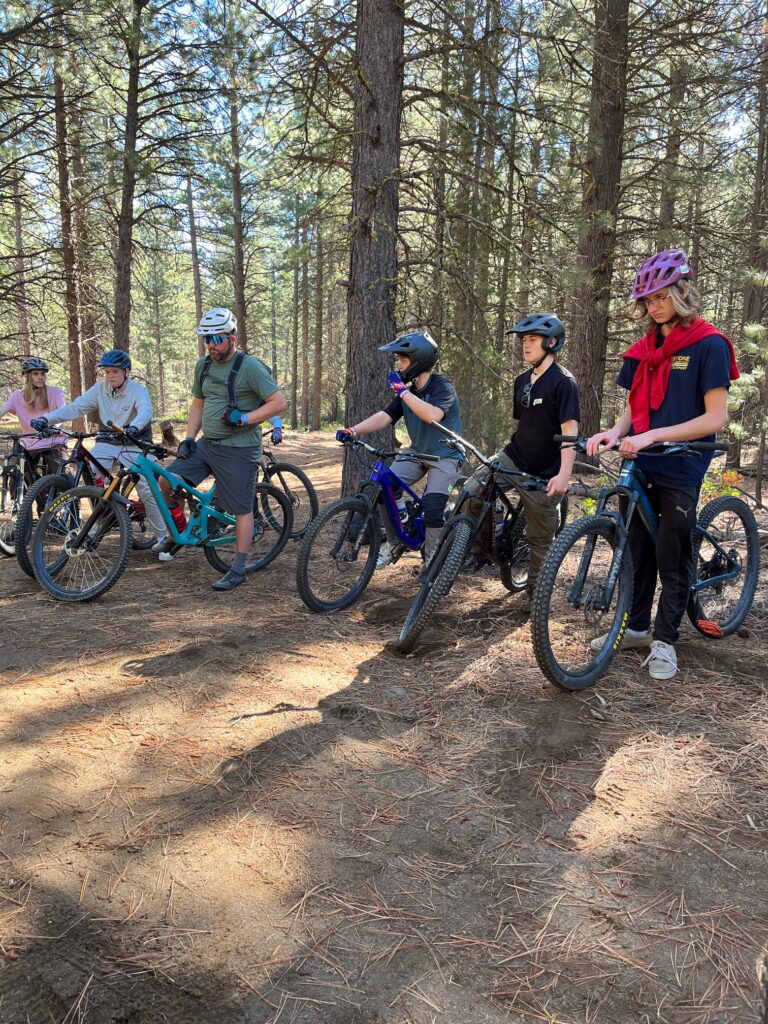
The Sisters Trails Alliance was awarded $5,000 to enhance stewardship and preservation of the Whychus Creek Wild and Scenic River trail corridor to purchase trail counters (plus lock boxes, posts and installation) for all 6 access points to the trail. Additionally, the funds were spent in recruiting, training and outfitting Trail Stewards and creating and installing signage to help protect the riparian areas along the trail.

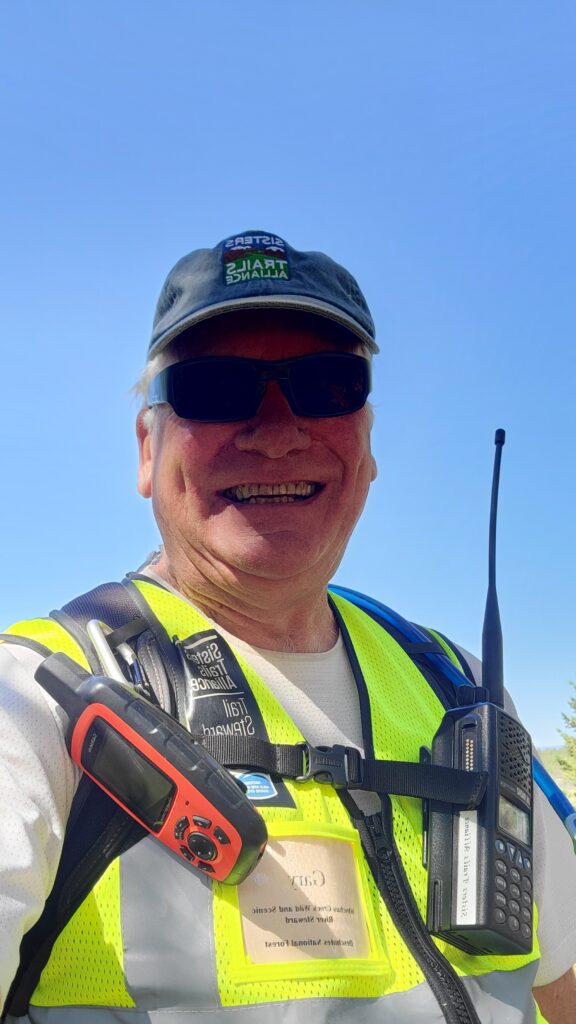
The Friends of Central Cascades Wilderness was awarded $5676 to purchase a new Axiom AR6 Pro V5 Router (machine to create and engrave trail signs).


The Deschutes Land Trust was awarded $9,000 for their Inclusivity Project to update materials at Land Trust Preserves with the assistance from a Diversity Equity and Inclusion consultant. The Land Trust has been working with a consulting firm to complete the Preserve signage and materials audit. The final product will include recommendations for change for 19 interpretive signs, 12 kiosk signs, and 7 kiosk brochures.

Discover Your Forest was awarded $6,000 for a restoration project along Tumalo Creek and Tumalo Falls Overlook in which they thinned small diameter trees above the trail, moved materials, installed signs, constructed new fencing to better define locations of acceptable use as well as reseeded and planted native species to reduce soil erosion in high traffic areas.

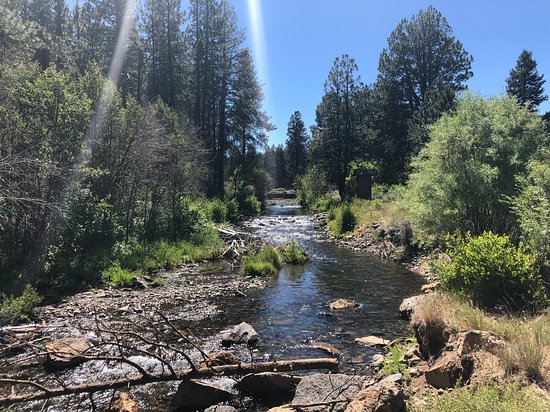
Frequently Asked Questions
Stay tuned for 2025 Small Projects Grant Application in fall of 2025

